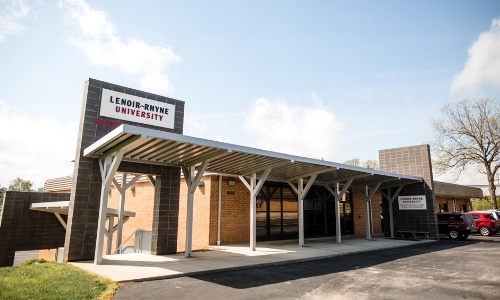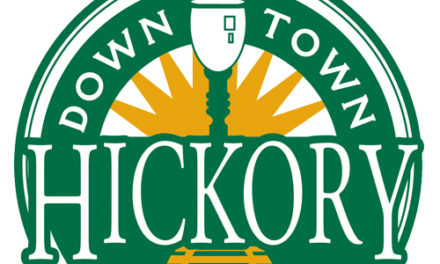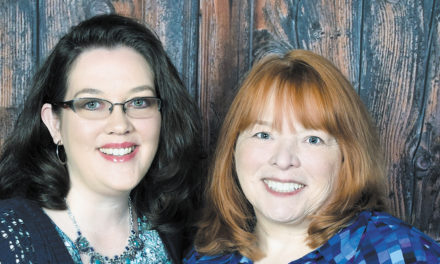Hickory, NC – Lenoir-Rhyne University announces its Doctor of Nursing Practice (DNP) program has received accreditation from the Commission on Collegiate Nursing Education (CCNE).
The accreditation is for a five-year term.
“I think it’s a testament to the hard work and dedication the faculty have for the students,” said Dr. Kerry Thompson, chair of the School of Nursing at Lenoir-Rhyne. “We want to run this program the best way we can so we can provide the best education and opportunities for our students to move forward serving their patients and communities.”
DNP is the first doctorate program offered in LR’s history.
The accreditation is back dated to Sept. 18, 2019 — when CCNE performed its on-site evaluation — and runs through June 30, 2025.
LR first began working toward the DNP program in 2014 and welcomed the first class to campus in the fall of 2018. That class of 29 students is scheduled to graduate in spring of 2021.
The program has two tracks catering to students who have earned a Bachelor of Science in Nursing, as well as post-master’s degree cohorts.
“The accreditation of the first doctoral program is a historic moment for Lenoir-Rhyne University,” said Dr. Fred Whitt, university president. “The hard work and dedication of our exceptional staff made this possible, and we’re excited about what the future holds for the DNP program and our students.”
CCNE evaluates programs based on four standards of mission and governance, institutional commitment and resources, curriculum and teaching principals and program effectiveness. Those four standards are broken down into 35 key elements, and the DNP program at LR received exemplary marks in every category. Programs can receive accreditation between one and five years based on the evaluation, and LR’s program received the maximum for a new program.
“You can’t imagine the excitement,” Thompson said. “I was excited for the faculty who’ve worked so hard putting the program together and for the students. This allows them to take their knowledge and learning to the next level, and it extends the level of care they’re able to provide patients in the community.”









